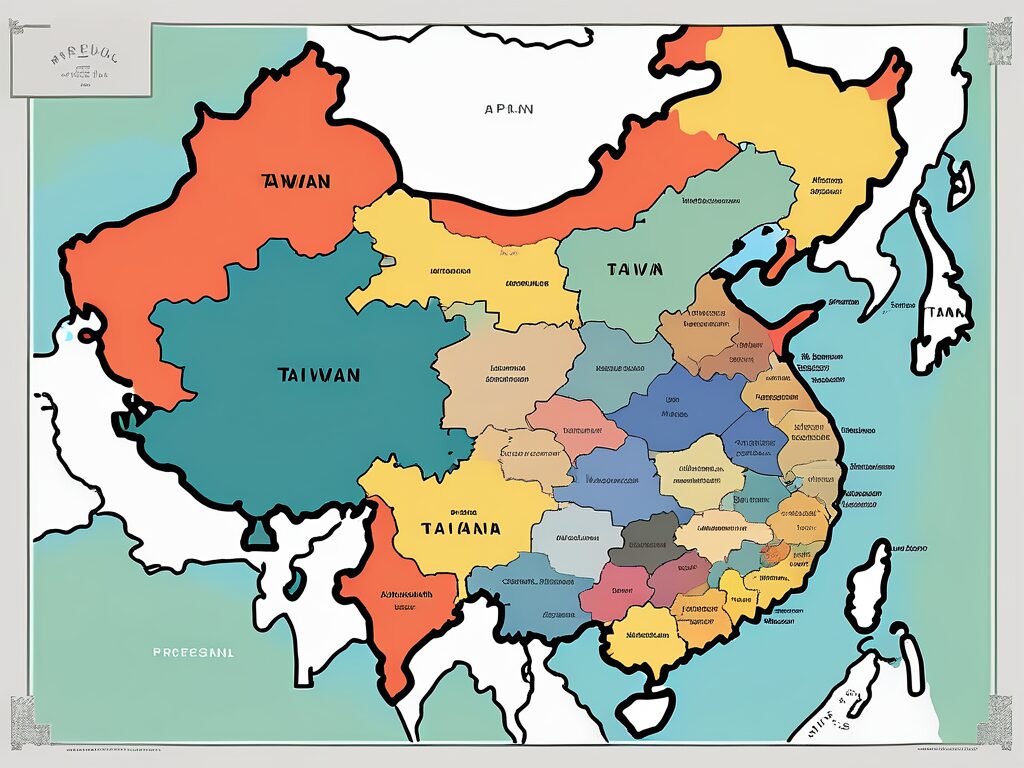Charting Taiwan’s Evolving Education Policies and Impact
Taiwan, a prominent island nation in East Asia, boasts a well-established education system that has experienced considerable transformation over the decades. The Taiwanese government has been instrumental in shaping educational frameworks, implementing policies designed to enhance academic outcomes and promote equitable access to education. This guide examines the various government policies influencing education in Taiwan, analyzing their implications and effects on the educational landscape.
Historical Overview of Education Policies in Taiwan
Post-World War II Developments
In the aftermath of World War II, Taiwan initiated a comprehensive reform of its education system. The government established a 6-3-3-4 educational structure (six years of primary education, three years of junior high, three years of senior high, and four years of university). This framework aimed to deliver a well-rounded and balanced education, laying a solid foundation for Taiwan’s socio-economic advancement.
Additionally, the government instituted compulsory education for all children aged 6 to 15, ensuring universal access to fundamental education. This initiative was pivotal in reducing illiteracy rates and fostering a culture of lifelong learning.
Reforms in the 21st Century
Entering the 21st century, Taiwan’s education system underwent significant reforms. The introduction of the Grade 1-9 Curriculum integrated junior high and elementary education, aiming to create a seamless educational experience for students and alleviate the pressures associated with transitioning between educational stages.
Moreover, the High School and Vocational School Diversification Policy was enacted, encouraging institutions to develop unique characteristics and specializations. This initiative promotes diversity and caters to the varied interests and talents of students.
Contemporary Policies and Their Implications
12-Year Basic Education Initiative
In 2014, Taiwan implemented the 12-Year Basic Education policy, extending compulsory education from nine to twelve years. This initiative aims to cultivate well-rounded citizens equipped with the skills and knowledge necessary for the 21st century. It also seeks to alleviate the pressure associated with entrance examinations and promote educational equity.
The policy has significantly influenced Taiwan’s educational framework, fostering a holistic approach that emphasizes not only academic success but also character development, creativity, and critical thinking. However, it has also ignited discussions regarding its effectiveness and the challenges inherent in its implementation.
Integration of Technology in Education
Recognizing the critical role of technology in contemporary education, the Taiwanese government has made substantial investments in integrating technology into the educational sphere. Policies have been established to promote digital literacy, encourage the incorporation of technology in teaching methodologies, and enhance school infrastructure.
This integration has fostered a more dynamic and interactive learning environment, improving student engagement and educational outcomes. Nonetheless, it has also raised concerns regarding the digital divide and the potential adverse effects of excessive screen time.
Comparative Analysis: Taiwan and Global Education Systems
Comparison with Finland
When juxtaposed with Finland, renowned for its progressive education system, Taiwan’s approach reveals notable differences. Both nations prioritize holistic education; however, Finland emphasizes student autonomy and less structured learning environments, while Taiwan’s system remains more structured and exam-focused.
Despite these differences, both countries share a commitment to reducing educational inequality. Taiwan’s 12-Year Basic Education policy parallels Finland’s comprehensive basic education framework, underscoring the universal significance of equitable access to education.
Comparison with South Korea
Similar to Taiwan, South Korea maintains a highly competitive education system. Both countries emphasize academic achievement, resulting in high-stakes examinations and a culture of private tutoring. However, while South Korea faces criticism for its high-pressure educational environment, Taiwan has sought to mitigate exam-related stress through its 12-Year Basic Education policy.
Furthermore, both nations acknowledge the importance of technology in education. South Korea has emerged as a leader in digital education, while Taiwan continues to make significant strides in incorporating technology into its classrooms.
Conclusion
Government policies are pivotal in shaping the educational landscape. In Taiwan, these policies have evolved in response to the changing needs and priorities of society. From the establishment of compulsory education to the introduction of the 12-Year Basic Education policy and the integration of technology, these initiatives have profoundly influenced Taiwan’s education system.
While challenges persist, these policies have significantly contributed to the development of a robust and diverse educational framework in Taiwan. As the nation navigates the complexities of the 21st century, education will undoubtedly remain a key priority for the government.
Enhance Your Teaching Career with IPGCE
As Taiwan’s education system continues to evolve, the demand for educators to adapt and grow professionally becomes increasingly critical. For those seeking to enhance their qualifications, improve career prospects, and connect with a global network of educators, the International Postgraduate Certificate in Education (iPGCE) offers a pathway to success. Our program enables educators to overcome stringent qualification barriers, gain insights into international curricula, and enjoy the flexibility of balancing professional development with current commitments. Avoid being part of the 80% facing disqualification; instead, join the ranks of satisfied educators who are 65% more adaptable in the global education landscape. Enroll in the UK’s leading Teacher Training Course today and take the next step in your educational career.

